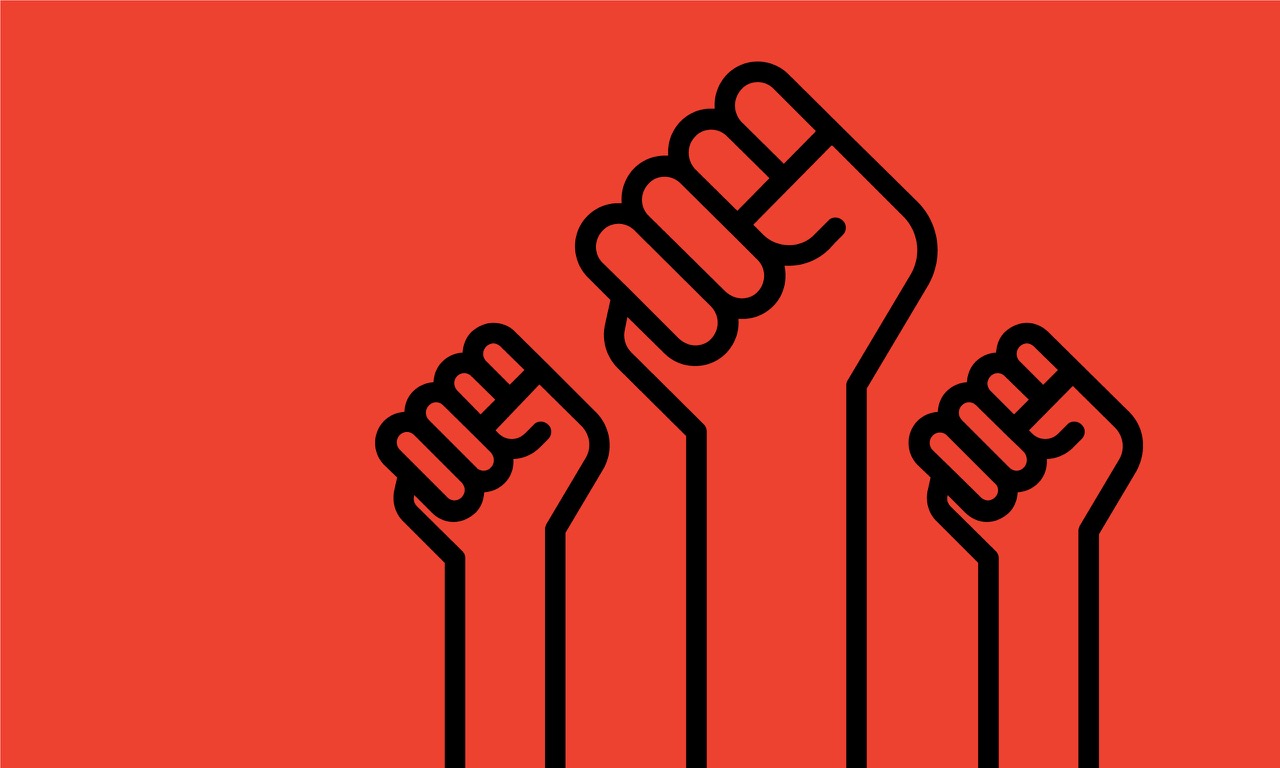The new Public Order Bill has recently attracted controversy from MPs and activists alike. The Bill’s passage through Parliament has followed shortly after the contentious Police, Crime, Sentencing and Courts Act 2022 passed in April.
The government has introduced the Bill to tackle disruptive protests, which in recent months have escalated and have been said to place a strain on police resources. Met Police assistant commissioner Matt Twist has expressed concern over the impact of protests, stating: “Since 1 October, more than 7,900 officer shifts have been needed to respond to this activity to try to keep London moving and minimise serious impact on communities.”
However, critics argue that the Bill is authoritarian in its overreach. It seeks to introduce several new criminal offences and will expand existing police powers. Namely, it aims to create a new offence of ‘locking-on’, where someone secures themselves to objects or other individuals to cause disruption, as when protesters glued themselves to roads leading to Vauxhall Bridge in London. Under the Bill, critics argue that the simple act of carrying a bike lock could potentially become criminal.
The Bill also aims to create a new offence of interference with national infrastructure. This offence would target behaviour that might ‘prevent or significantly delay’ the functioning of vital infrastructure, including airports, railways, printing presses and downstream oil and gas infrastructure. It also seeks to criminalise the disruption of construction or maintenance of significant transport works so that disruptive tunnelling without a ‘reasonable excuse’ could become an offence.
Under the Bill, police powers are expanded considerably by creating a suspicion-less power: it extends stop and search powers for police to search for and seize objects (such as super glue) by allowing police to search individuals without suspicion. If passed, protesters could face a maximum penalty of six or twelve months imprisonment, an unlimited fine, or both. In the case of tunnelling illegally, they could face up to three years in prison.
The Bill has faced considerable backlash. Mark Johnson, Legal and Policy Officer at Big Brother Watch, has said that the Public Order Bill would ‘take police powers to restrict protest rights to an unprecedented level in this country.’ The government maintains that the Bill will ‘balance the rights of protesters with the rights of others to go about their business unhindered.’ Human rights organisation, Liberty, argues that many of the new offences breach the right to protest and are unjustified because extensive legislation is already in place to address disruptive protest.






